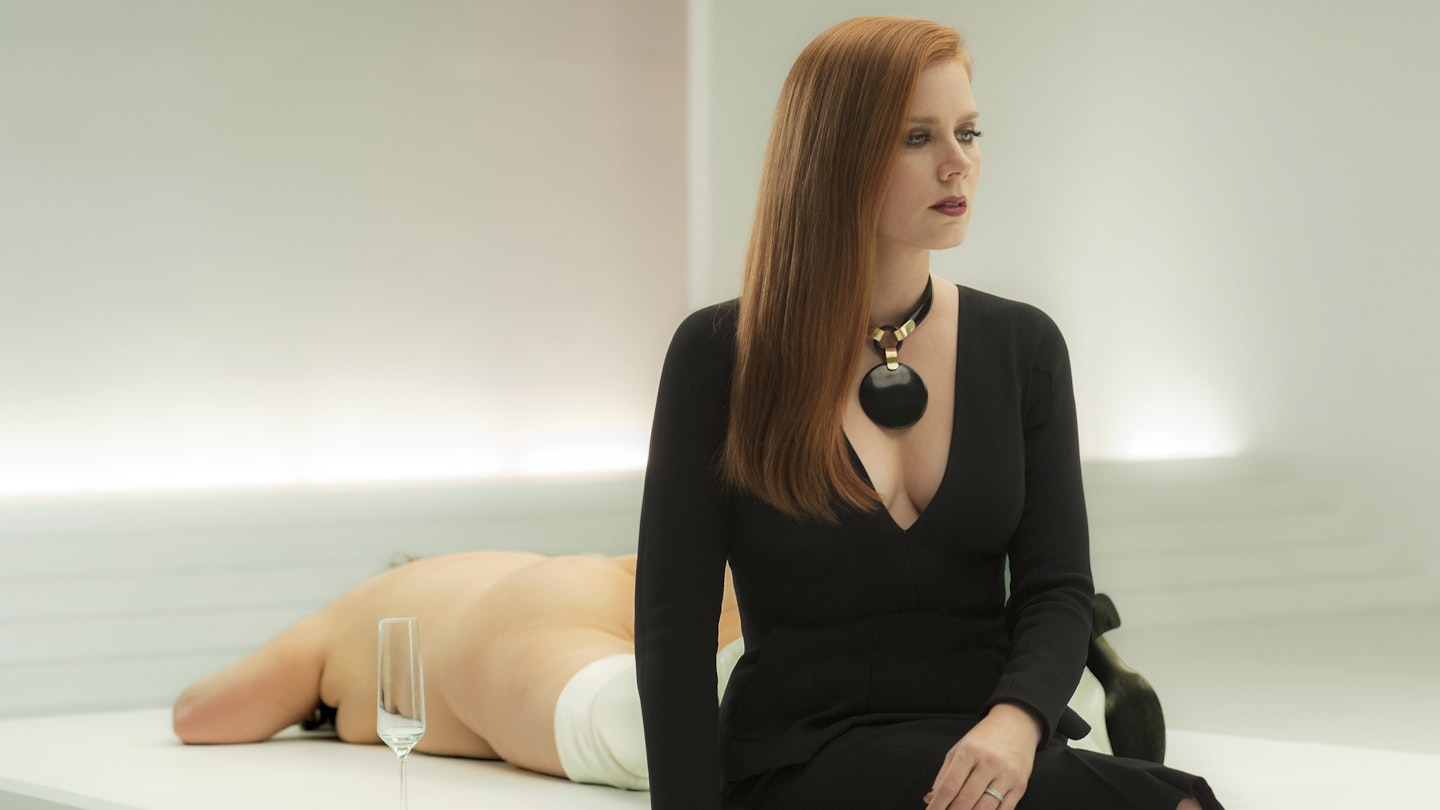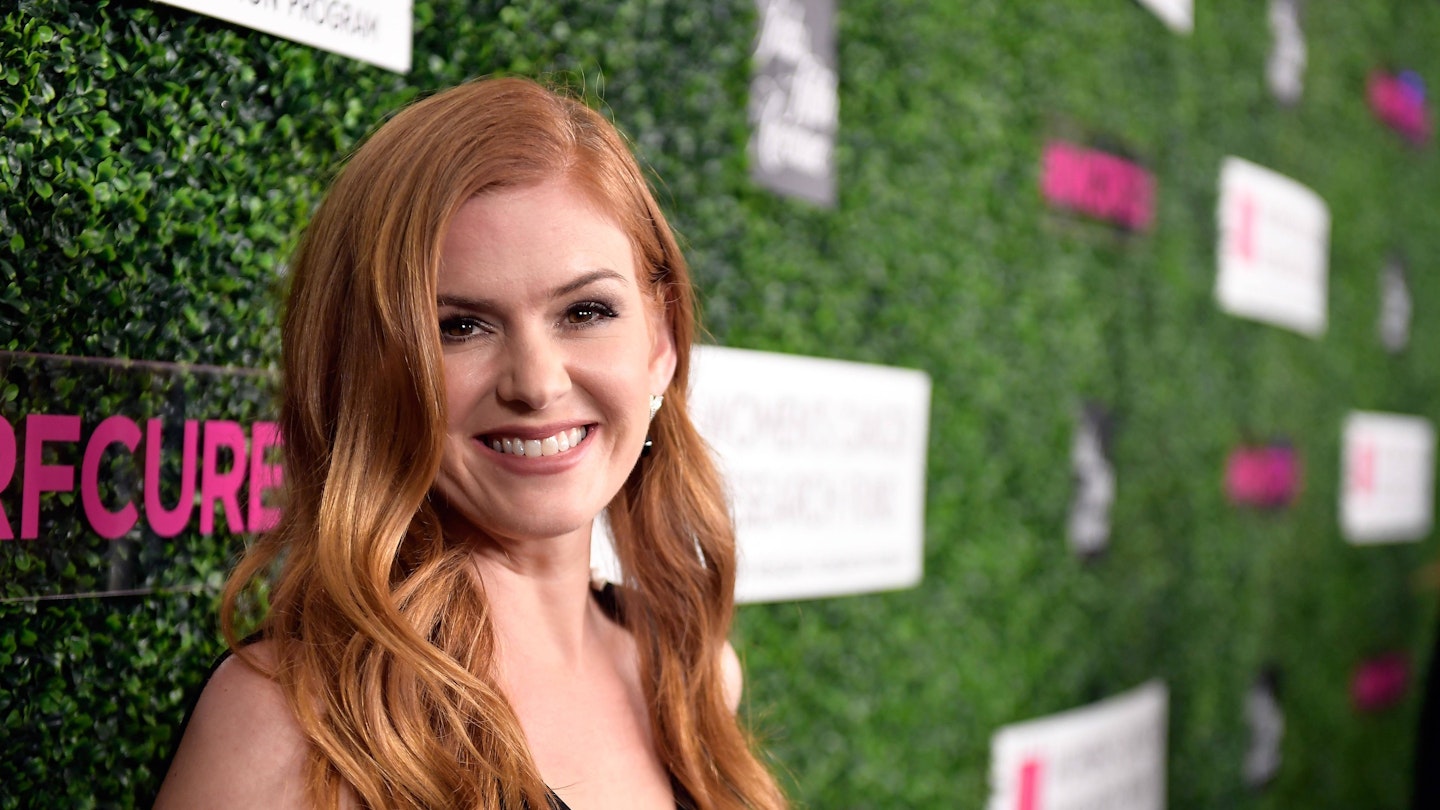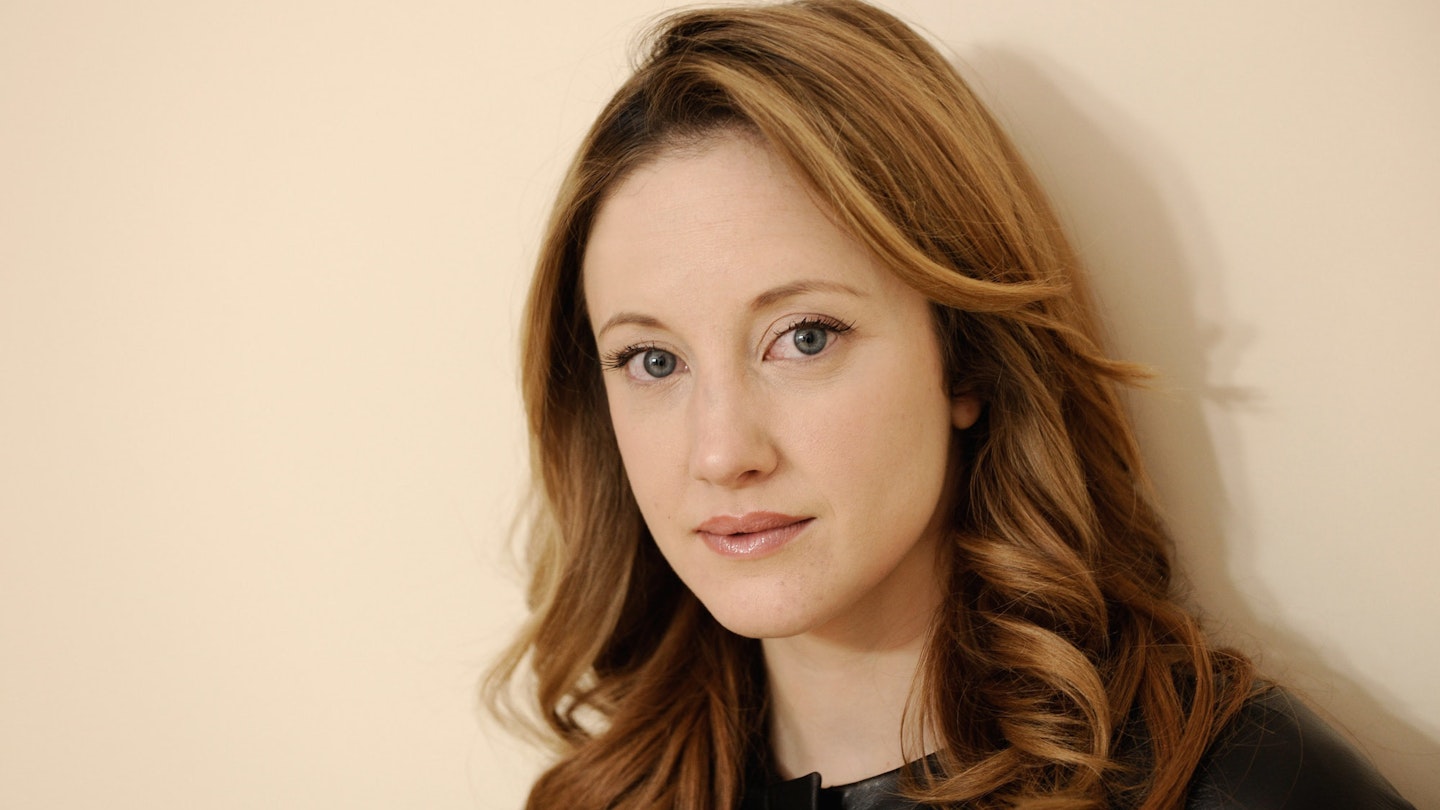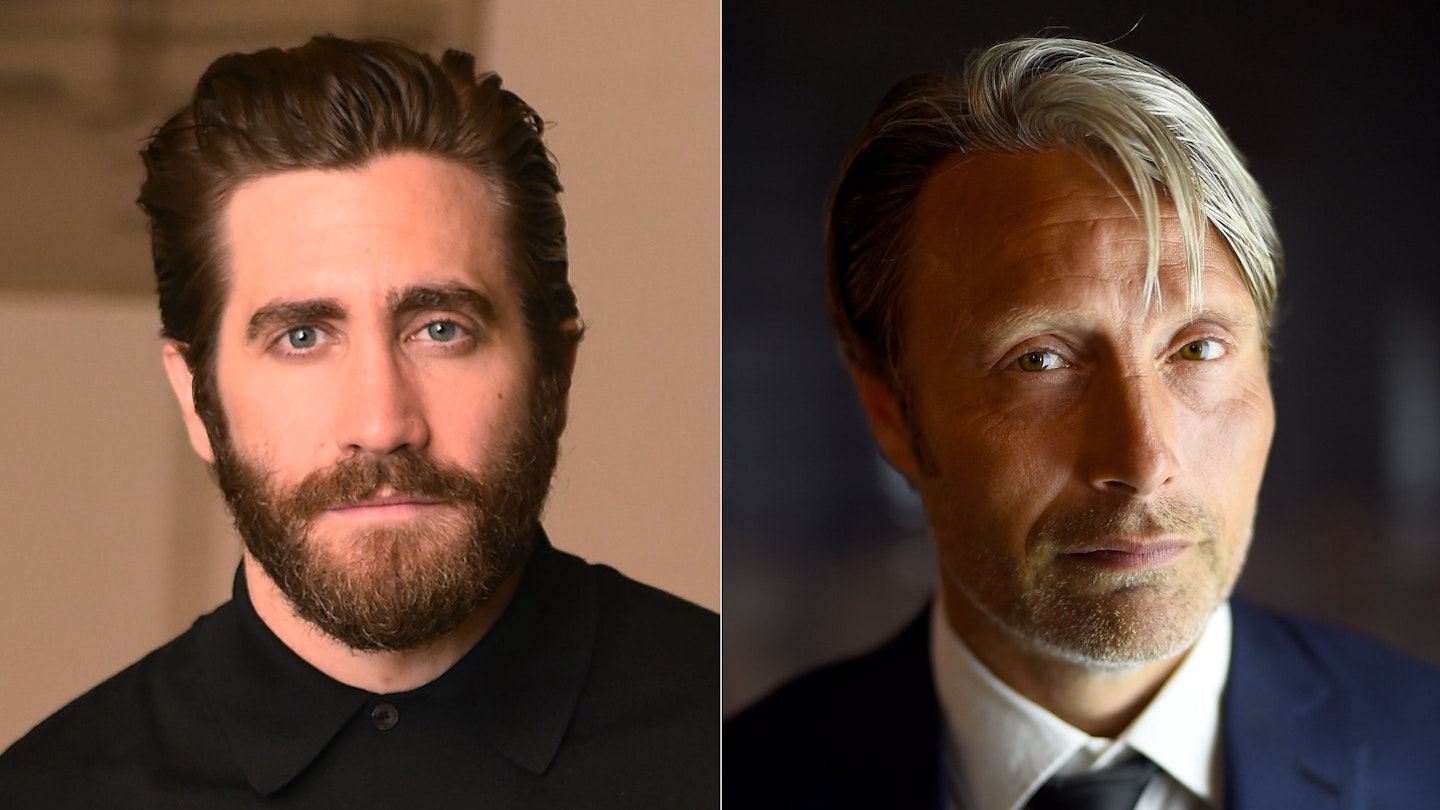When a fashion designer turns to filmmaking, it seems the least we should expect is for it to look the part. And so it’s proved with Tom Ford. His debut feature, A Single Man, managed to find beauty in the bottom of a sock draw, and this, his second, which he adapted from Austin Wright’s novel Tony & Susan, looks similarly exquisite. The man is an artist, undoubtedly.

Some might find the film heartless or cold, but strong storytelling demands empathy not sympathy.
As it happens, so too is his film’s central character, Susan, though she has shelved her creative impulse to manage an LA gallery. The film opens with her latest exhibit — a celebration of obese, wobbling, naked flesh. It is unsightly content strikingly displayed. We come to realise that art mirrors life for Susan, whose outwardly beautiful existence is actually rather ugly, comprising a joyless marriage to a philandering husband (Armie Hammer), a job she no longer likes — she despairs of the junk culture that pervades her world — and a self-fabricated, soul-crushing guilt.
That guilt pertains to her first husband, Edward (Gyllenhaal), a writer whom she deserted in a cruel manner two decades earlier. He was too weak. She wanted someone stronger. But Edward has now finished his debut novel, which he dedicates to Susan and to whom he sends a proof. As she reads his manuscript — a pulp Texas tale of violence received and reciprocated — she sees the obvious parallels between the ‘fiction’ and her actions, her emotions get a kicking and Edward, as a consequence, gets his much-belated revenge. Talk about a dish served cold.
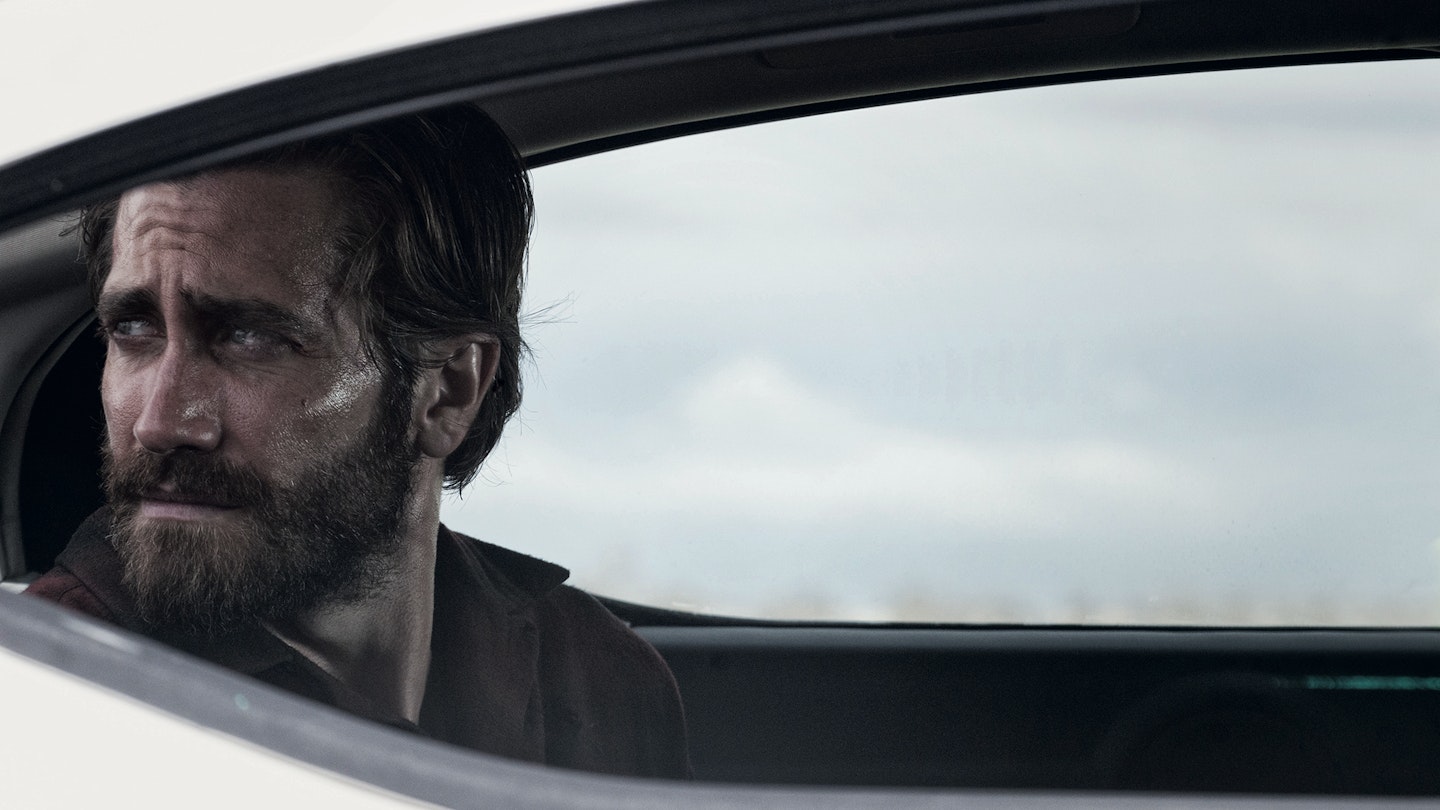
The novel’s plot also plays out on screen as she reads — Gyllenhaal taking a dual role by also playing Tony, the book’s protagonist (authors write about themselves, we’re told). Ford’s transitions in and out of this fictional narrative — and back and forth between Susan’s current life, and the one she once shared with Edward — are wonderfully adept, all the strands wrapping neatly around the body of his thesis like a well-tailored suit.
The cast is impressive and there are delightfully mischievous single-scene turns from Laura Linney, Michael Sheen and Andrea Riseborough. Some might find the film heartless or cold, but that misses the point. Strong storytelling demands empathy not sympathy and, like Susan, we’ve all made bad choices. So what if her lonely fate doesn’t bring a tear to the eye? Maybe it’s not meant to. Like the art that Susan peddles, this is a piece of junk culture with an unapologetic pulp filling, masterfully formed by Ford and expertly framed by cinematographer Seamus McGarvey. Sit back and enjoy the ride.
